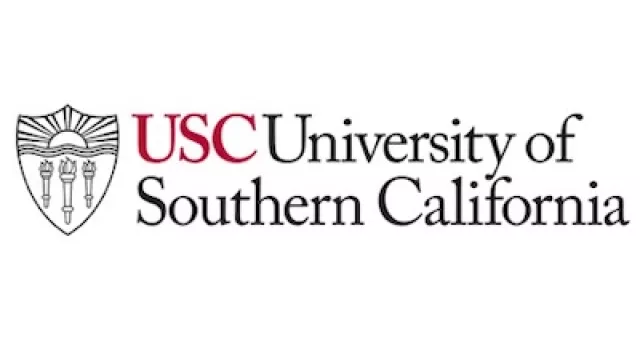Table of Contents
USC canceling valedictorian’s commencement speech looks like calculated censorship

Kit Leong / Shutterstock.com
University of Southern California Class of 2024 Valedictorian Asna Tabassum.
The University of Southern California on Monday canceled a planned commencement speech by class valedictorian Asna Tabassum following criticism of Tabassum’s online commentary about Israel.
In an email to the campus community, USC Provost and Senior Vice President for Academic Affairs Andrew T. Guzman said canceling the speech was “necessary to maintain the safety of our campus and students” due to “substantial risks relating to security and disruption at commencement.”
But with no sense that USC actually received any threats or took any steps to secure the event short of canceling it, this instead looks like a calculated move to quiet the critics — without creating new ones by overtly censoring the student or yanking her valedictorian status.
Of course, no student has the right to be valedictorian. At USC, it’s an academic honor USC can give out as the institution sees fit. But once USC has selected a student for this honor, canceling her speech based on criticism of her viewpoint definitely implicates the campus speech climate in important ways.
Despite the provost’s claims that “this decision has nothing to do with freedom of speech,” FIRE disagrees.
USC is a private university that makes First Amendment-like free speech promises. It’s also bound by California’s Leonard Law, which requires private, secular colleges and universities to give their students the same expressive rights enjoyed by students at the state’s public colleges.
Implicit in the idea of a campus committed to robust expressive rights is that administrators won’t censor their students just because they have controversial views.
Here, USC should have been palms up about any genuine security threats, with administrators first doing everything in their power to provide adequate security for the event so it could proceed. Canceling it should be a last resort. And they should avoid at all costs ultimately doing what they’ve done here: capitulating to a heckler’s veto.
USC’s bad move is the first major controversy of the 2024 commencement season, a time that has long been marred by speaker deplatforming requests. Those requests have seen a major resurgence this year in the wake of October 7.
In a statement posted Monday after the university’s announcement, Tabassum expressed her own concerns about censorship and said USC provided no additional information about the alleged safety threats.
“I am surprised that my own university — my home for four years — has abandoned me,” Tabassum said. “Because I am not aware of any specific threats against me or the university, because my request for the details underlying the university’s threat assessment has been denied . . . there remain serious doubts about whether USC’s decision to revoke my invitation to speak is made solely on the basis of safety.”
FIRE is closely monitoring this situation. Despite the provost’s claims that “this decision has nothing to do with freedom of speech,” FIRE disagrees.
Recent Articles
Get the latest free speech news and analysis from FIRE.

Can the government ban controversial public holiday displays?

The trouble with banning Fizz

FIRE's 2025 impact in court, on campus, and in our culture



